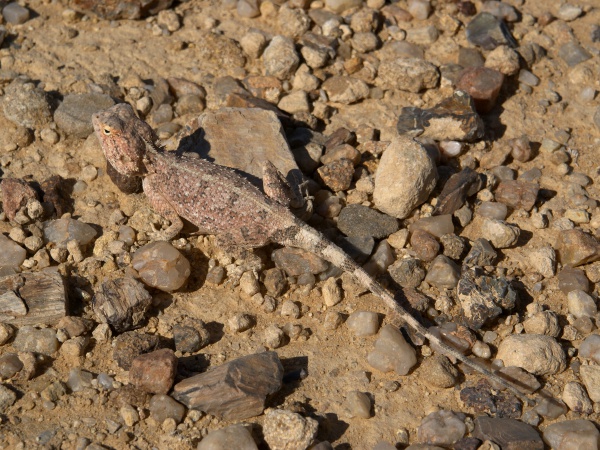Facts About Agama
Agamas are small to medium-sized lizards primarily feeding on insects, found across the Old World, especially in sub-Saharan Africa. The genus Agama encompasses at least 37 species, while their Eurasian relatives are classified under the genus Laudakia. These lizards range from 12 to 30 cm in length when fully grown, exhibiting a variety of colors depending on their species, gender, and even mood.
These diurnal creatures are adaptable in their habitat preferences, flourishing in forests, bushlands, rocky areas, and cliffs. They also thrive in human environments, such as villages and compounds. Agamas possess strong, elongated hind legs that enable them to run and leap swiftly when threatened. Active mainly during daylight hours, they can tolerate higher temperatures than many other reptiles, although they seek shade when it exceeds 38 °C.
Male agamas often exhibit bright colors to display dominance and engage in behaviors such as nodding, weaving, and threatening gestures toward each other. Females, in contrast, are typically less colorful. While their primary diet consists of insects, agamas can also consume the eggs of other lizards and some plant matter. Dominant males may have territories overlapping with those of several females, although they are not strictly polygamous.
The breeding season for agamas is typically timed so that eggs are laid after the rainy season. The number of eggs in a clutch varies depending on the species and the size of the female. The name "Agama" originates from West African languages, where it was initially used to describe chameleons. However, Linnaeus erroneously applied the term to various lizard species, causing some early taxonomic confusion.
Recent efforts have clarified the taxonomy of Agama through the designation of neotypes, resolving previous misunderstandings about the classification basis for the name Agama agama. This overview provides insights into the behavior, diet, habitat, and taxonomy of Agama lizards, emphasizing the fascinating aspects of these reptiles.

 Zambia
Zambia